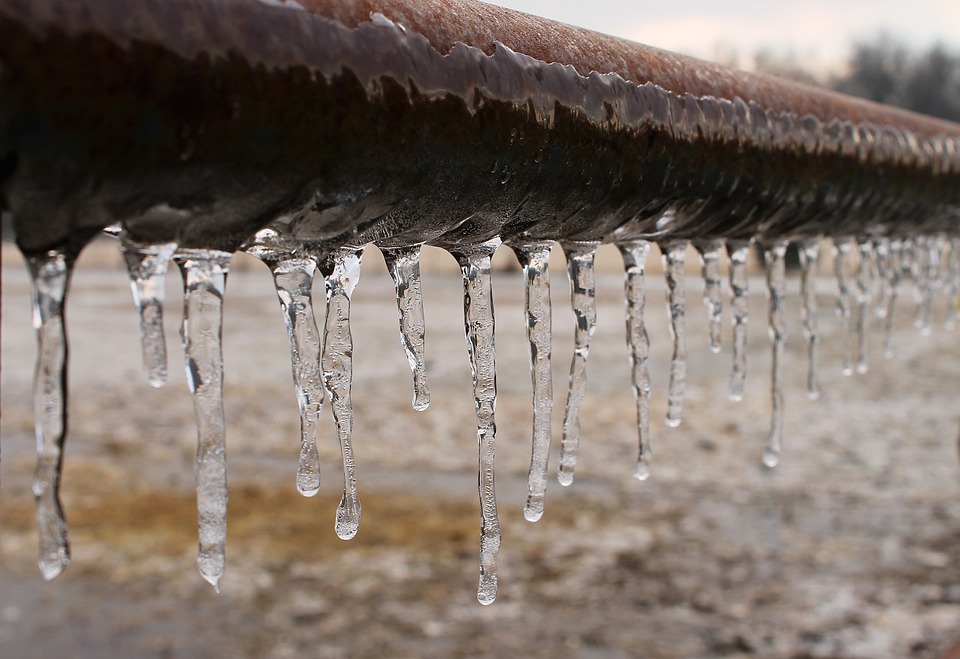Shielding Pipes from Cold Weather Issues: Essential Approaches
Go ServicesAny individual will have their own individual piece of advice with regards to Prevent Frozen Pipes .

Winter can damage your plumbing, especially by freezing pipelines. Below's how to prevent it from happening and what to do if it does.
Intro
As temperatures drop, the threat of icy pipelines increases, potentially bring about costly repair work and water damages. Comprehending exactly how to prevent icy pipes is essential for property owners in cool environments.
Understanding Frozen Pipes
What triggers pipes to ice up?
Pipes freeze when exposed to temperature levels listed below 32 ° F (0 ° C) for expanded periods. As water inside the pipelines freezes, it broadens, putting pressure on the pipeline walls and possibly causing them to rupture.
Risks and damages
Frozen pipes can bring about water system disturbances, home damage, and costly repair services. Ruptured pipelines can flooding homes and create comprehensive structural damages.
Indications of Frozen Water Lines
Recognizing frozen pipes early can stop them from bursting.
How to determine frozen pipelines
Search for lowered water circulation from taps, uncommon smells or sounds from pipelines, and noticeable frost on exposed pipelines.
Prevention Tips
Insulating at risk pipelines
Wrap pipes in insulation sleeves or utilize heat tape to shield them from freezing temperatures. Focus on pipelines in unheated or outside areas of the home.
Heating strategies
Keep indoor areas adequately warmed, specifically locations with plumbing. Open up closet doors to allow warm air to flow around pipelines under sinks.
Shielding Exterior Pipes
Garden pipes and exterior faucets
Detach and drain pipes garden tubes prior to winter. Install frost-proof faucets or cover outdoor taps with shielded caps.
What to Do If Your Pipelines Freeze
Immediate actions to take
If you believe frozen pipes, keep faucets available to alleviate pressure as the ice melts. Utilize a hairdryer or towels taken in hot water to thaw pipes gradually.
Long-Term Solutions
Architectural changes
Think about rerouting pipes far from exterior wall surfaces or unheated areas. Include added insulation to attics, cellars, and crawl spaces.
Updating insulation
Invest in high-quality insulation for pipelines, attic rooms, and walls. Appropriate insulation assists preserve regular temperatures and lowers the risk of frozen pipes.
Conclusion
Avoiding frozen pipelines needs aggressive actions and fast responses. By recognizing the reasons, signs, and safety nets, property owners can shield their plumbing throughout cold weather.
Helpful Tips to Prevent Frozen Pipes this Winter
UNDERSTANDING THE BASICS: WHY PIPES FREEZE AND WHY IT’S A PROBLEM
Water freezing inside pipes is common during the winter months, but understanding why pipes freeze, and the potential problems it can cause is crucial in preventing such incidents. This section will delve into the basics of why pipes freeze and the associated problems that may arise.
THE SCIENCE BEHIND FROZEN PIPES
When water reaches freezing temperatures, it undergoes a physical transformation and solidifies into ice. This expansion of water as it freezes is the primary reason pipes can burst. As the water inside the pipe freezes, it expands, creating immense pressure on the walls. If the pressure becomes too great, the pipe can crack or rupture, leading to leaks and water damage.
FACTORS THAT CONTRIBUTE TO PIPE FREEZING
Low Temperatures: Extremely cold weather, especially below freezing, increases the risk of pipes freezing. Uninsulated or Poorly Insulated Pipes: Pipes located in unheated areas, such as basements, crawl spaces, or attics, are more prone to freezing. Insufficient insulation or lack of insulation altogether exacerbates the problem. Exterior Wall Exposure: Pipes running along exterior walls are susceptible to freezing as they encounter colder temperatures outside. Lack of Heating or Temperature Regulation: Inadequate heating or inconsistent temperature control in your home can contribute to frozen pipes. PROBLEMS CAUSED BY FROZEN PIPES
- Pipe Bursting: As mentioned earlier, the expansion of water as it freezes can cause pipes to burst, resulting in significant water damage.
- Water Damage: When pipes burst, it can lead to flooding and water damage to your property, including walls, ceilings, flooring, and personal belongings.
- Structural Damage: Prolonged exposure to water from burst pipes can compromise the structural integrity of your home, leading to costly repairs.
- Mold and Mildew Growth: Excess moisture from water damage can create a favorable environment for mold and mildew growth, posing health risks to occupants.
- Disrupted Water Supply: Frozen pipes can also result in a complete or partial loss of water supply until the issue is resolved.
WHY CERTAIN PIPES ARE MORE PRONE TO FREEZING
- Location: Pipes located in unheated or poorly insulated areas, such as basements, crawl spaces, attics, or exterior walls, are at higher risk of freezing.
- Exterior Pipes: Outdoor pipes, such as those used for irrigation or exposed plumbing, are particularly vulnerable to freezing as they are directly exposed to the elements.
- Supply Lines: Pipes that carry water from the main water supply into your home, including the main water line, are critical to protect as freezing in these lines can affect your entire plumbing system.
- Underground Pipes: Pipes buried underground, such as those connected to sprinkler systems or outdoor faucets, can be susceptible to freezing if not properly insulated.
https://busybusy.com/blog/helpful-tips-to-prevent-frozen-pipes-this-winter/

I was introduced to that report about Winter Plumbing Precautions: Preventing Frozen Pipes from a pal on another blog. So long as you liked our post kindly make sure you remember to share it. Thank you for your time invested reading it.
Call Today